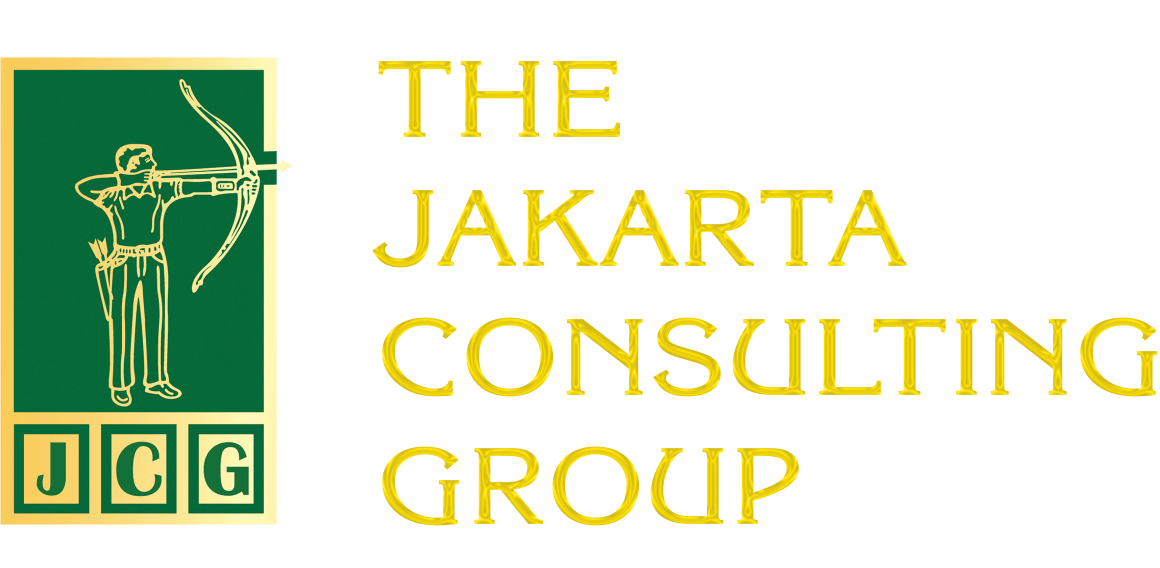Family Business: Should Leadership Always Stay in the Family?

For a long time, many family businesses have viewed succession not as a strategic decision, but as a predetermined fate. The logic seems simple: the business belongs to the family, so it feels only natural that the top position should be passed down from generation to generation. However, experience across generations shows that reality is […]
Organizational Structure in Family Businesses: Formal on Paper, Personal in Practice

Family businesses have unique characteristics. These entities combine two worlds with different principles: the corporate world, which is governed by rationality and procedures, and family relationships, which are influenced by emotions and personal bonds. This contrast is clearly reflected in their organizational governance. On paper, many family businesses appear to be managed formally—complete with organizational […]
The Dynamics of Family Business: The Unexpected Role of the In-Law

Family businesses are more than just money-making machines. More than that, family businesses are the heart of an identity, a complex web of emotions and legacies passed down across generations. Challenges such as leadership succession, sibling rivalry, or generational differences in vision are common. However, major changes do not always come with fanfare. They often […]
Why Are SOPs Often Challenging to Implement in Family Businesses?

Standard Operating Procedures (SOPs) are designed to establish orderly, consistent, and predictable governance within an organization. Ideally, SOPs help reduce dependence on specific individuals, minimize operational errors, and support sustainable business growth. However, in practice, within many family businesses, SOPs often exist merely as a formality—rarely fully implemented, frequently ignored, and sometimes subtly resisted. This […]
Inspiring Stories of Local Entrepreneurs: Tip Top Supermarket

Tip Top is one of the supermarkets that has been around for quite some time. Unlike other supermarkets, Tip Top adheres strictly to Islamic principles in running its business. The Man Who Built Tip Top The founder behind the success of the Tip Top supermarket business is Rusman Maamoer. He was born in Padang on […]
THE JAKARTA CONSULTING GROUP PRESENTS

FAMILY BUSINESS Beyond Bloodlines: Aligning Family, Ownership & Management When family and business overlap, conflict is not a risk, it’s a certainty. The question is: are you managing it, or letting it manage you? Join Patricia Susanto , CEO and 15+ year family business expert, to explore how family governance protects relationships and long-term value. […]
When Organizational Structure Is No Longer Relevant to Strategy

In the world of business, it has long been believed that organizational structure is a solid pillar that guarantees success. The principle of “structure follows strategy” introduced by Alfred Chandler has been used as a guideline by many leaders for years. Once a strategy is established, organizations typically reorganize departments, clarify lines of responsibility, and […]
Does AI Automation Speed Up Work, but Impoverish the Learning Process?

In recent years, the presence of artificial intelligence (AI) in various organizations is no longer just an experiment, but has become the norm. From compiling reports, analyzing data, designing presentations, and making decisions based on algorithms, AI automation offers one main promise: time efficiency. However, behind this increase in productivity, a question arises: does the […]
High Performance Work Culture: Good or Toxic?

Modern organizations tend to glorify the concept of high performance as if it were a sacred mantra. Leaders often flaunt ambitious growth targets, challenging performance indicators, and jargon such as “win,” “fight harder,” and “beat the competitors.” In various companies, high performance is not just a goal, but has become a work culture and an […]
